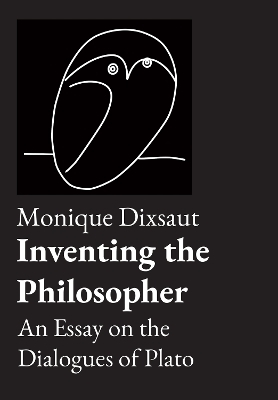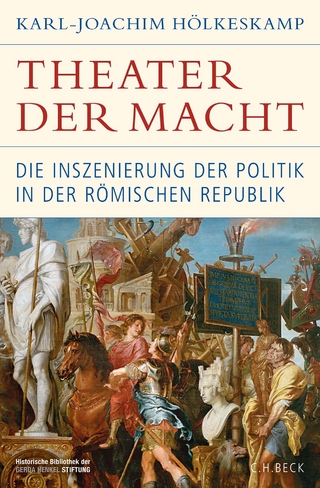
Inventing the Philosopher
An Essay on the Dialogues of Plato
Seiten
2023
Academica Press (Verlag)
978-1-68053-822-9 (ISBN)
Academica Press (Verlag)
978-1-68053-822-9 (ISBN)
In this penetrating and graceful analysis, Monique Dixsaut reveals that the project of Plato's dialogues is to ‘invent the philosopher’ in a sense the term never again had. The dialogues show, by dramatic and dialectical instantiation, that a person seeking truth engenders a coherent system intended to determine what is.
In this penetrating and graceful analysis, Monique Dixsaut reveals that the project of Plato's dialogues is to "invent the philosopher" in a sense the term never again had. The dialogues show, by dramatic and dialectical instantiation, that a person seeking truth engenders a coherent system intended to determine what is. Since one cannot judge a path until he has taken it to the end, this "science of free men" comes upon truth and acquires intelligence; the ideas develop from a thinking that desires to think in a different way, without asking whether this is possible. One who thinks in this way does not have to become a philosopher. He is one, and can only know what that means because he already is one. For him, intelligence supersedes logic, desire is more compelling than duty, pleasure signals hierarchy more strongly than values, and the fact of finding, seeing, and becoming more inventive guarantees truth more surely than conforming to method. Dixsaut's treatment is fundamental, yet unique. For those who love the dialogues of Plato, this book will help them understand why in a profound new sense.
In this penetrating and graceful analysis, Monique Dixsaut reveals that the project of Plato's dialogues is to "invent the philosopher" in a sense the term never again had. The dialogues show, by dramatic and dialectical instantiation, that a person seeking truth engenders a coherent system intended to determine what is. Since one cannot judge a path until he has taken it to the end, this "science of free men" comes upon truth and acquires intelligence; the ideas develop from a thinking that desires to think in a different way, without asking whether this is possible. One who thinks in this way does not have to become a philosopher. He is one, and can only know what that means because he already is one. For him, intelligence supersedes logic, desire is more compelling than duty, pleasure signals hierarchy more strongly than values, and the fact of finding, seeing, and becoming more inventive guarantees truth more surely than conforming to method. Dixsaut's treatment is fundamental, yet unique. For those who love the dialogues of Plato, this book will help them understand why in a profound new sense.
Monique Dixsaut is Professeur Honoraire at Panthéon-Sorbonne University. A Chevalier of the Légion d'Honneur, she is the author of several books on Plato and Nietzsche, including Plato-Nietzsche, Philosophy the Other Way (Academica, 2018), and new commentaries on Plato's Statesman and Sophist, as well as numerous articles in academic journals and the leading French newspaper Le Monde. Kenneth Quandt holds a Ph.D. in Classics from the University of California, Berkeley. He has written commentaries on the Greek text of Plato's Republic, Phaedrus, Laches, and the Gorgias. He translates books by such European thinkers as Monique Dixsaut, Giuseppe Fornari, and Reinhold Knoll.
| Erscheinungsdatum | 03.01.2023 |
|---|---|
| Verlagsort | Bethesda |
| Sprache | englisch |
| Maße | 152 x 229 mm |
| Gewicht | 272 g |
| Themenwelt | Geschichte ► Allgemeine Geschichte ► Altertum / Antike |
| Geisteswissenschaften ► Philosophie | |
| Sozialwissenschaften ► Politik / Verwaltung | |
| ISBN-10 | 1-68053-822-5 / 1680538225 |
| ISBN-13 | 978-1-68053-822-9 / 9781680538229 |
| Zustand | Neuware |
| Haben Sie eine Frage zum Produkt? |
Mehr entdecken
aus dem Bereich
aus dem Bereich
die Inszenierung der Politik in der römischen Republik
Buch | Hardcover (2023)
C.H.Beck (Verlag)
CHF 67,20
Buch | Hardcover (2024)
Klett-Cotta (Verlag)
CHF 69,95


